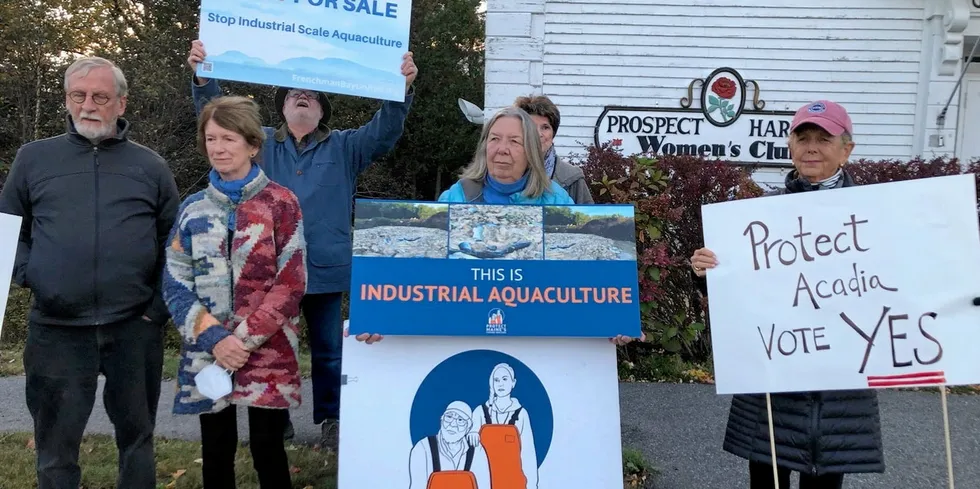More proposed bills with 'unreasonable' aquaculture regulations coming from Maine lawmakers
'While it may not directly impact all aquaculture producers, they can set a precedent,' one executive said of the proposed legislation.

'While it may not directly impact all aquaculture producers, they can set a precedent,' one executive said of the proposed legislation.
